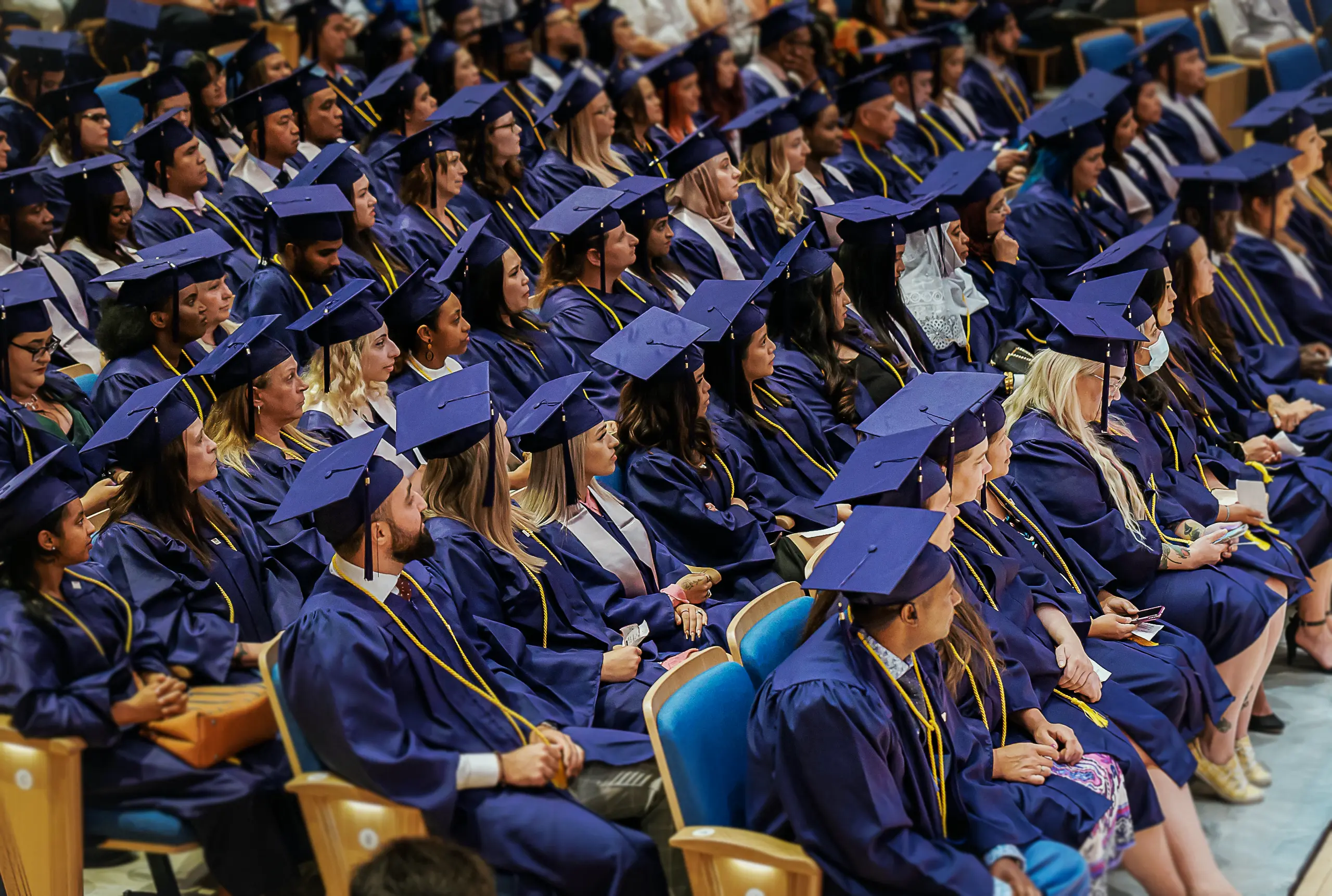Students must provide the following documentation prior to the start of practicum placements
- Criminal record / Vulnerable Person’s / Adult Abuse Registry Check and Child Abuse Registry Check*
- Immunisation report (form provided by college).
*Note: Clear Vulnerable Person’s / Adult Abuse Registry Check and Child Abuse Registry Check required for all students and for future employment.
Additional Requirement:
- CPR Level ‘C’ training is a requirement of this program and will be provided by the college.
 MB
MB




















